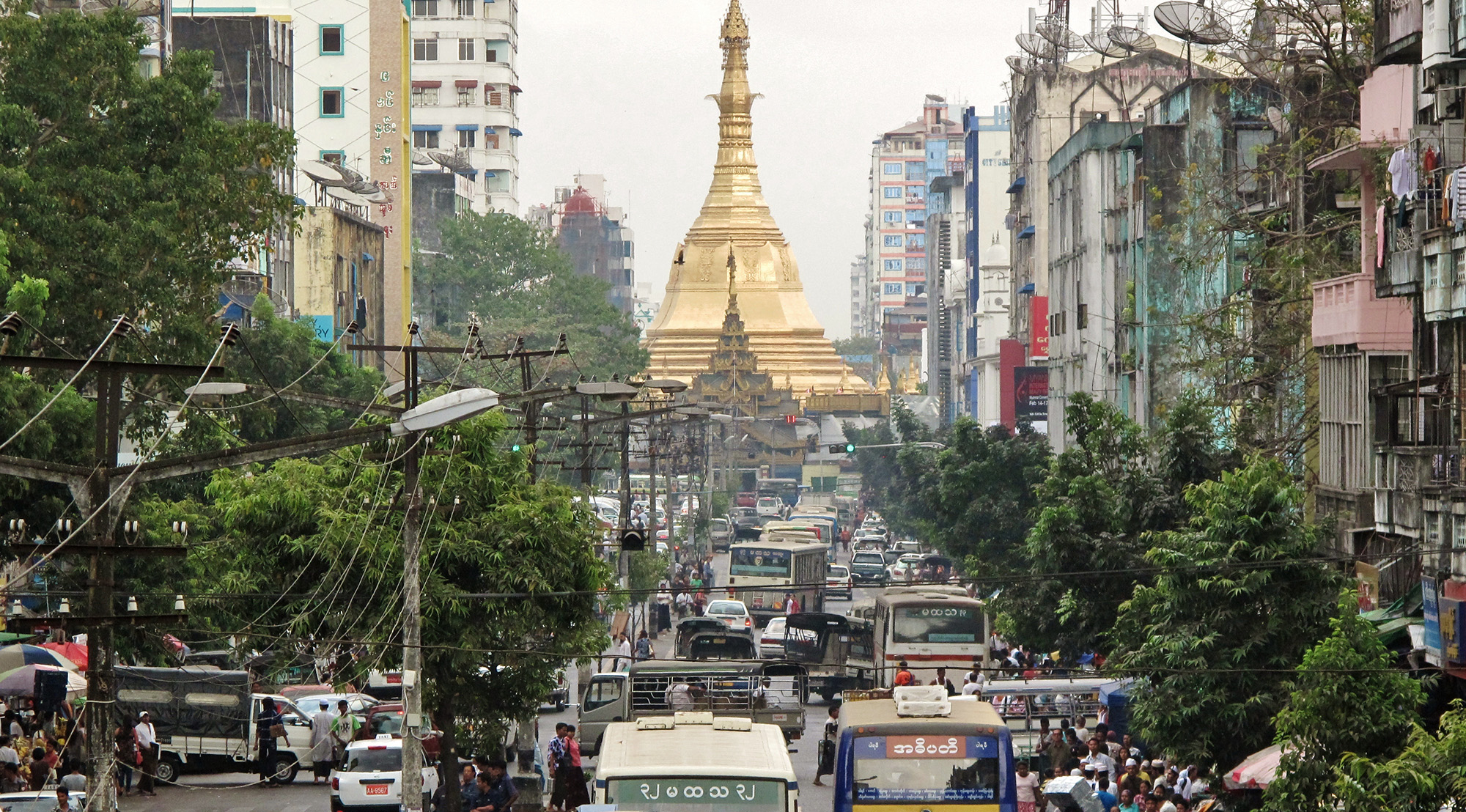The National League for Democracy (NLD), Myanmar’s first democratically-elected civilian government in decades, has been facing enormous challenges in relation to the ongoing ethnic peace process and the crisis in Rakhine state. Addressing the social tensions that underlie both these processes will be crucial to maintaining stability in the country, especially in the lead up to the next general elections, taking place in late 2020.
Myanmar’s population is incredibly diverse, with hundreds of ethnic nationalities with distinct religions, languages and histories residing in the country. Ethnicity and religion are central identity markers in Myanmar. However, these identity markers have been politicized throughout Myanmar’s contemporary history, particularly during the British colonial period, the early independence period, and the decades under military rule.
The ongoing peace process aiming to end the decades-long conflict between numerous ethnic armed organizations (EAOs) and the Tatmadaw (Myanmar Armed Forces) and efforts to repatriate Rohingya refugees back to Myanmar are beset by deeply rooted tensions among communities divided among ethnic, religious and linguistic lines. In regard to the peace process, ethnic nationalities’ struggle for equal political and economic representation has underpinned the armed conflict for more than 70 years. These ethnic nationalities, accounting for about 30% of the country’s population and living in resource rich border regions, have been campaigning politically and militarily for greater representation in the Bamar-Buddhist majority country since Myanmar’s independence from the British in 1948. In 2015, a Nationwide Ceasefire Agreement (NCA) was signed between 8 EAOs and the Myanmar government, after around four years of negotiations. Today, Myanmar’s ongoing peace process is fraught with fragmentation and uncertainty. Currently, only 10 out of 21 EAOs have signed the NCA. Major armed groups operating along the northeast border have not signed the NCA, but have launched their own set of negotiations amidst fragile existing bilateral ceasefires. Three large-scale post-NCA peace conferences aimed at negotiating a comprehensive peace accord have taken place, but future iterations of conference have proved elusive. While the complex peace process is ongoing, communities affected by ongoing conflict remain uncertain about the future of sustainable peace in the country.
In regard to the crisis in Rakhine state, social divisions between ethnic Rakhine Buddhists and Muslim Rohingyas have been present in the area for decades, exacerbated by hate speech and anti-Rohingya rhetoric by hardliners that have influential members of the Buddhist monkhood. In 2016 and 2017, attacks on police outposts by the newly formed Arakan Rohingya Salvation Army prompted large scale crackdowns by the Tatmadaw on Rohingya communities in northern Rakhine state. The disproportionate nature of the crackdowns led to the exodus of over 700 000 refugees that fled to neighbouring Bangladesh, creating a massive human rights and humanitarian crisis. Current efforts by the Myanmar government to repatriate Rohingya refugees back to Myanmar have been largely unsuccessful. Repatriation attempts are largely unpopular with hardliner Bamar and ethnic Rakhine, and rhetoric around their return are often politicized by hardliner actors within these communities.
These two phenomena have challenged the political reform process led by de facto leader Aung San Suu Kyi and the NLD. Since their landslide victory in 2015, Aung San Suu Kyi and the NLD have been struggling to meet national and international actors’ extremely high expectations of democratic change. The slow-moving pace of the peace process has Myanmar nationals concerned about the outlook of sustainable peace and the reality of receiving peace dividends from the NCA. The Rohingya crisis has exacerbated social tensions beyond Rakhine state towards other townships across the country. International criticism of Aung San Suu Kyi over her government’s inaction in Rakhine coupled with criticism regarding civil society and political parties’ shrinking space for political decision-making has complicated the situation in Myanmar further. In light of these developments, many analysts therefore believe that the 2020 elections will be held in a deeply divided Myanmar.
While many challenges exist in addressing these social tensions, there are a multitude of efforts at the national, state, township and village levels that are working to change the country’s narrative from one of diversity over division. Both formal and informal processes and initiatives are taking place in Myanmar aiming to promote diversity and social cohesion across the country. These include inter-faith dialogues, working across language barriers, battling hate-speech on Facebook and other social media outlets, and fostering greater exchange between and among different ethnic, linguistic and religious communities. Now more than ever, there is a need to spread awareness and support these initiatives countering divisive narratives and promoting moderate voices around national identity and what it means to be Myanmar, especially in the wake of the 2020 elections.


